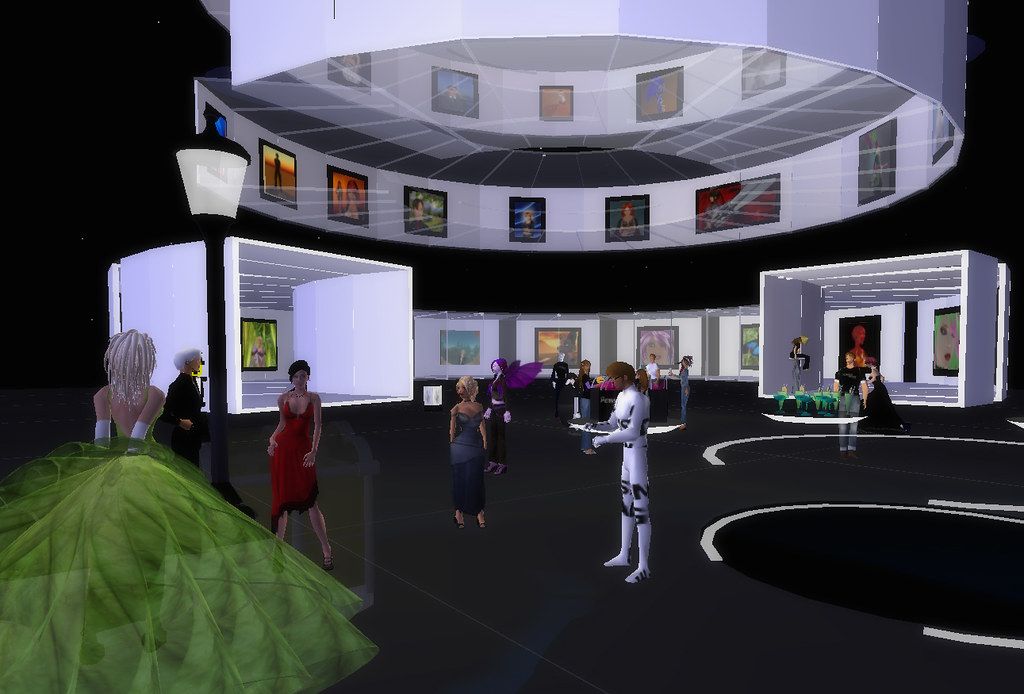Microsoft's acquisition of Call of Duty games developer Activision marks its latest move into the Metaverse.
You could call it convergence; you could call it a dual strategy, but Microsoft is attacking the Metaverse on two fronts. It is trying to establish itself as a Metaverse company for business and a Metaverse company for games. But maybe it is one and the same strategy. Maybe video gaming is the new serendipitous meeting at the water fountain.
There has always been a strong cross-over between the video games industry and the more serious side of tech. For example, Demis Hassabis began his adult life as a video games programmer. Nvidia technology was initially used to support high-quality graphics in computer games. Now its technology is used in neural networks. ARM, the chip company, kind of grew out of Acorn — at least the two companies have similar roots — and Acorn was a home computer company, with games an essential part of the business. Psion, the company behind the Symbian operating system, which Nokia eventually made its own, started life in computer games. The list goes on.
But might video games and business converge in another way?
We see a convergence with education — video games might be teaching kids more about history than they would ever learn at school. (And while not all the video games are historically accurate, nor was most teaching of history, when I was at school.)
Perhaps the technology behind video games can also be applied in social settings. Maybe in the Metaverse, our social interactions will have a video game feel about them.
Last year, Microsoft revealed plans to use AI to help make an avatar's lips and body movements reflect its real self.

The idea then is to engage in Teams calls or interact in other ways over the internet, represented by our Avatar. There is no need to scrub up, shower, shave, put on make-up; let the Avatar represent us.
So that seems to be one way Microsoft plans to embrace the Metaverse.
With its planned purchase of Activision, Microsoft has found another way?
Video games always were going to be entry products for the Metaverse. Indeed, video or computer games usually are entry products — the home computers of the 1980s were hailed as machines upon which you could do your homework, household accounts or store recipes; in practice, they were almost entirely used for playing games.
Microsoft has its Xbox and Hololens. In addition, it has — or will have, regulator permitting — itself a rather large video games company.
So we have Microsoft, the B2B and B2C company in the Metaverse.
Since innovation in computers often has its roots in video games, might software algorithms used in computer games eventually find their way into HoloLens apps or even into Teams?
Maybe technology used for video games could come in handy for supporting interaction in the remote business environment.
And for companies worried about how corporate culture might get disrupted by remote working, with staff losing contact with each other, there are video games.
While playing video games, maybe the character we control might resemble us. Our Avatar, but with big muscles.
Maybe the next serendipitous meeting leading to a great new product will come about as two employees get to know each other as avatars fighting a common enemy— the 'call of duty' to innovate, supported by playing Call of Duty 2025 — the Metaverse edition.






Related News
Tesla — has the bubble burst, or is it still a disruptor?
Jan 10, 2023
Unstructured data, super.AI and putting humans in the loop
Apr 21, 2022
ESG isn’t about ethics; it’s about profit — is that right?
Mar 30, 2022